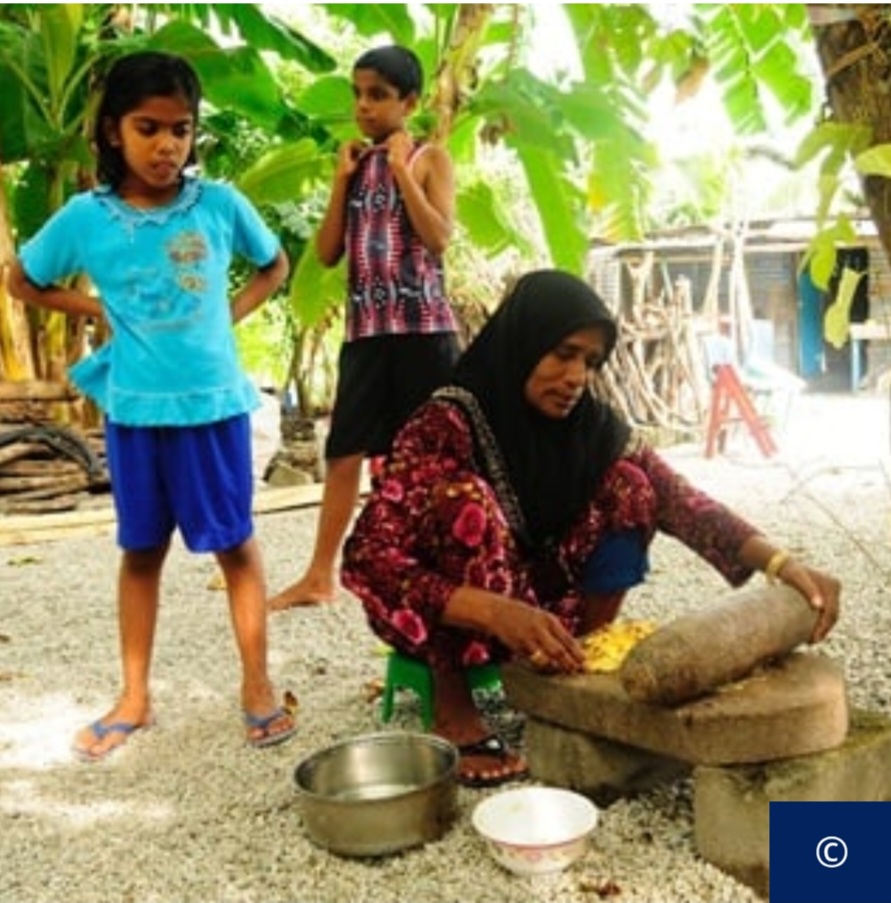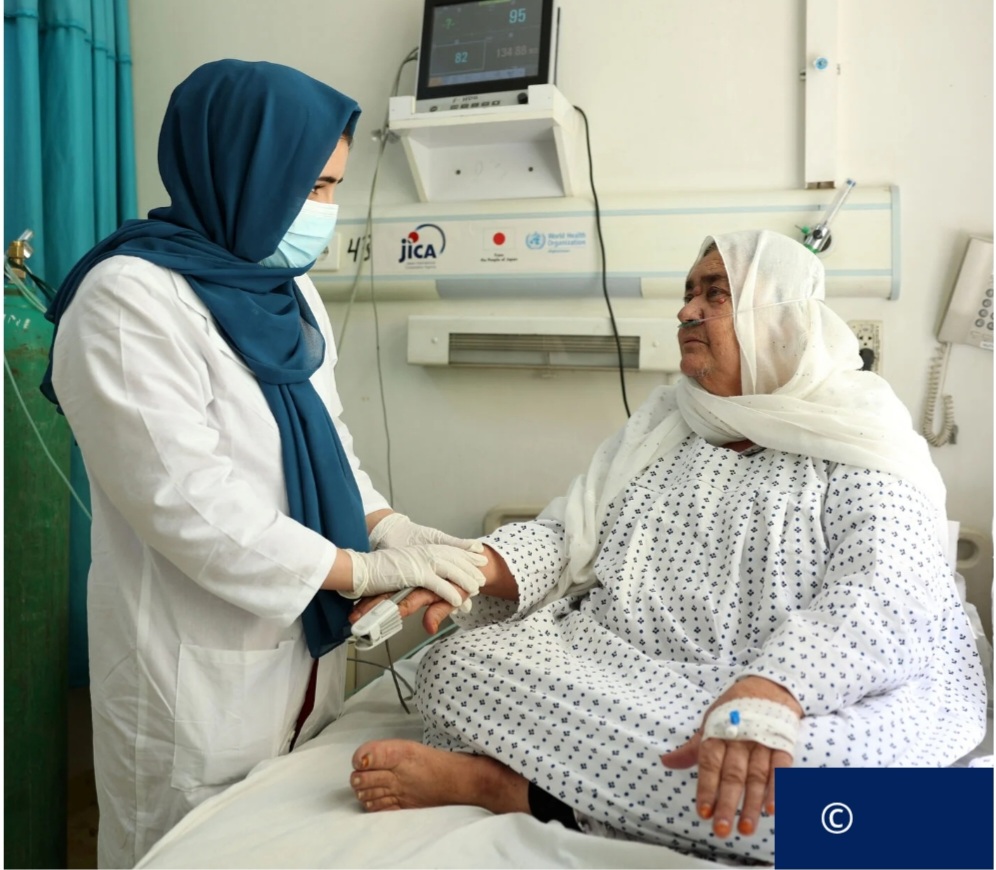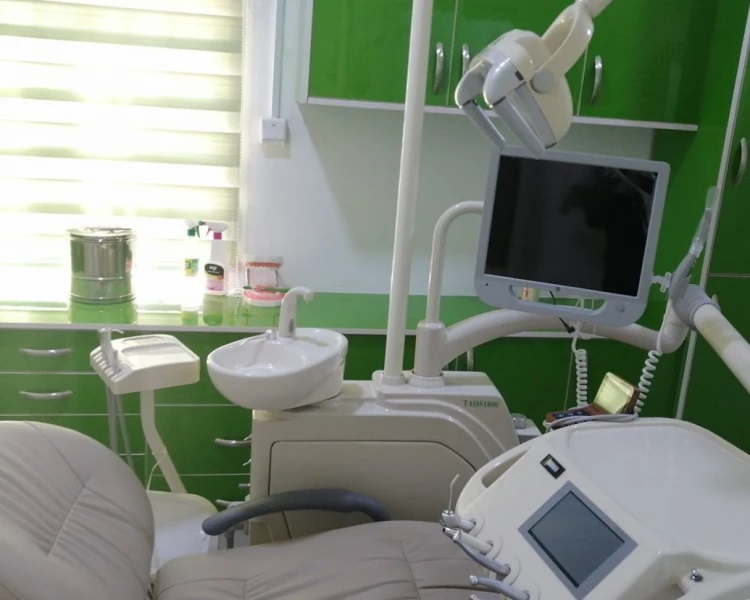MALDIVES MAKES GLOBAL HISTORY WITH ‘TRIPLE ELIMINATION’ OF HIV, SYPHILIS, AND HEPATITIS B TRANSMISSION
Maldives Makes Global History with ‘Triple Elimination’ of HIV, Syphilis, and Hepatitis B Transmission
In a major public health milestone, the World Health Organization (WHO) has recognized the Maldives as the first country to achieve “triple elimination.” This means it has successfully prevented mother-to-child transmission (EMTCT) of HIV, syphilis, and hepatitis B.
This achievement follows the WHO's validation of the Maldives for eliminating hepatitis B transmission. The organization had previously confirmed the country’s success in stopping HIV and syphilis transmission in 2019.
A Landmark Achievement in Maternal and Child Health
“The Maldives has shown that with strong political will and sustained investment in maternal and child health, eliminating these deadly diseases is possible,” said Dr. Tedros Adhanom Ghebreyesus, WHO Director-General. “This historic milestone provides hope and inspiration for countries everywhere working towards the same goal.”
Mother-to-child transmission is one of the leading causes of infections that affect millions globally. In the WHO South-East Asia Region alone, estimates from 2024 show:
- Over 23,000 pregnant women had syphilis.
- More than 8,000 infants were born with congenital syphilis.
- Around 25,000 HIV-positive pregnant women needed treatment to protect their babies.
- Hepatitis B continues to affect over 42 million people in the region.
How the Maldives Achieved This Success
According to Dr. Catharina Boehme, Officer-in-Charge at WHO South-East Asia Regional Office, “Maldives’ achievement is a testament to its unwavering commitment to universal health coverage, ensuring equitable and quality care across its islands, including for migrants.”
The Maldives’ success story is built on years of integrated and quality maternal and child healthcare. Key factors include:
- Over 95% of pregnant women receive antenatal care, including testing for HIV, syphilis, and hepatitis B.
- Over 95% of newborns receive timely hepatitis B vaccinations.
- Zero babies were born with HIV or syphilis in 2022 and 2023.
- A 2023 national survey confirmed zero hepatitis B among school-aged children.
The government’s strong investment, allocating over 10% of its GDP to health, and its universal health coverage policy, which offers free antenatal care, vaccines, and testing, made this achievement possible.
A Message of Hope for the Future
“Achieving triple elimination is not just a milestone for our health sector, but a promise to our people,” said H.E. Abdulla Nazim Ibrahim, Maldives’ Minister of Health. “We will continue investing in resilient, high-quality health services that leave no one behind.”
This milestone reflects strong collaboration between government bodies, private health providers, civil society, and international partners. Together, they work to provide outreach, testing, and technical support.
Sustaining the Progress
The Maldives aims to strengthen its health system through:
- Expanding digital health information systems,
- Increasing targeted care for key populations and migrants,
- Encouraging private sector participation,
- Improving laboratory quality management.
The WHO has pledged continued support to help the Maldives sustain these gains and advance broader goals for maternal, child, and adolescent health.
“The Maldives’ triple elimination stands as a powerful example of how sustained investment in health systems, innovation, and community-based care can change the trajectory of public health,” said Ms. Payden, WHO Representative to the Maldives.
In Summary
The Maldives’ achievement is more than a national victory. It’s a global inspiration. It shows that with commitment, collaboration, and compassion, countries can protect mothers and children from preventable diseases, paving the way for healthier beginnings and hopeful futures.






























.jpeg)
.webp)










(3) Comments
(3) Comments
By Anniebaby2001love 13-Oct-2025
Nice one 💯
By Anniebaby2001love 13-Oct-2025
Nice one💯
By AngelRaphael111 13-Oct-2025
Wow! Amazing